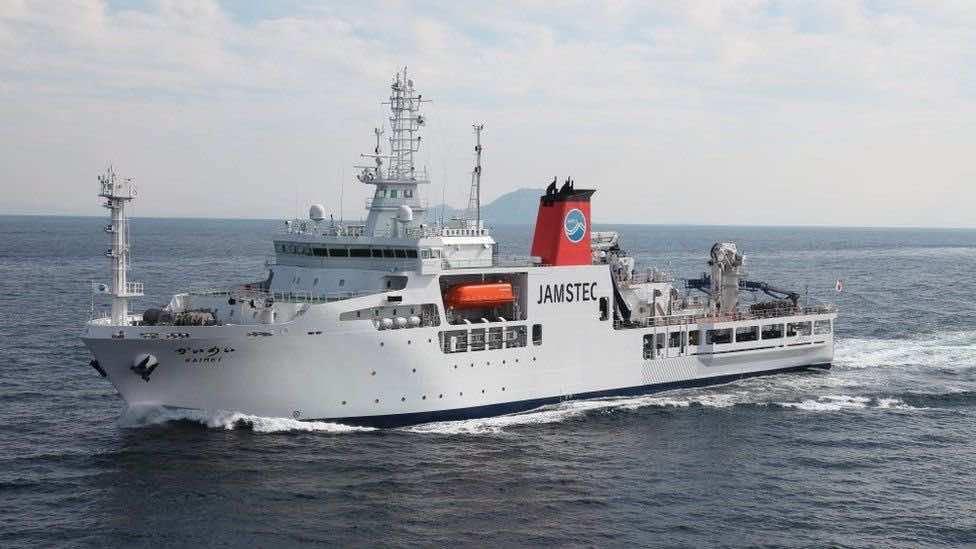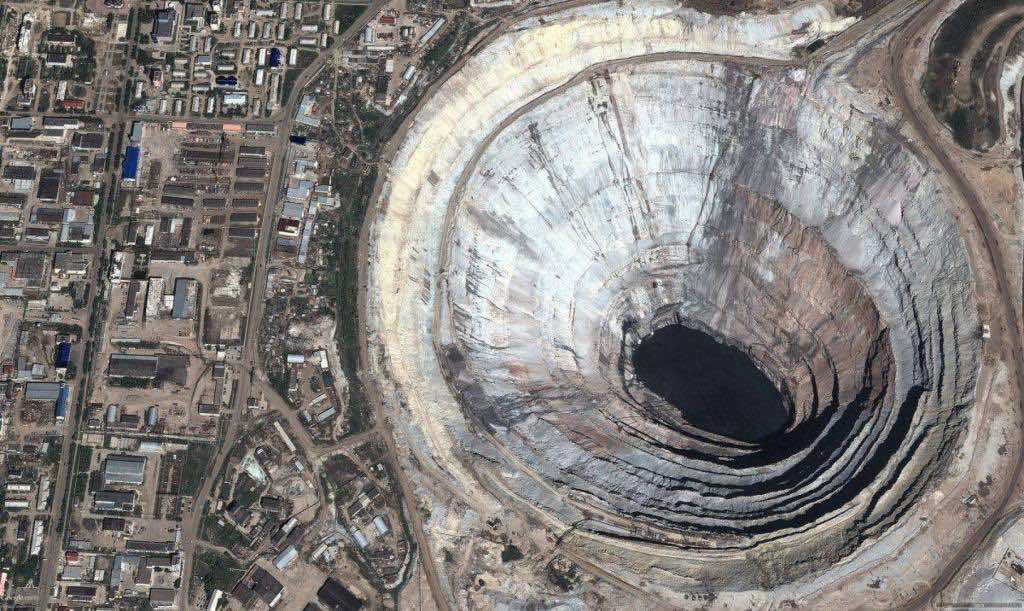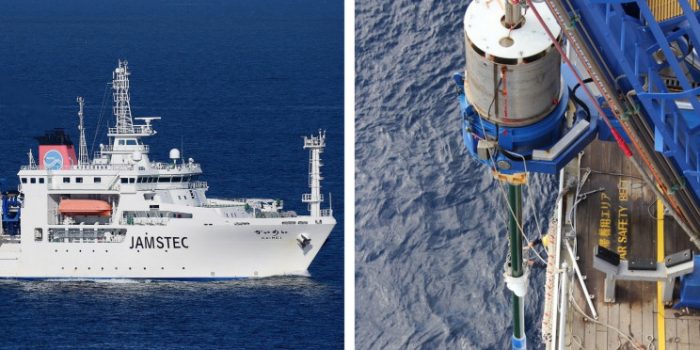Scientists drilled the deepest hole off the coast of Japan measured at 26,200 feet.
Blowing away previous records the team on the research vessel Kaimei drilled the deepest-ever hole in the seabed of the Pacific Ocean on May 14.
The team of scientists drilled about 8,000 meters by lowering a 40-meter-long Giant Piston Corer into the seabed. The drilling site was purposefully chosen close to the epicenter of the Tohoku earthquake of which the magnitude was measured at 9.1 on the rector scale.
The record-breaking expedition to dig the deepest hole was carried out to study the sediment of the area to find out about the ancient earthquake history of the region. Projects of similar intensity have been carried in the past where deep holes were dug into the glaciers to study and obtain information on climate change.
The operation was carried out from the Kaimei vessel and took about two hours and 40 minutes to reach the bottom of the Japan Trench, where it obtained a 37.74-meter sediment core from the ocean bed.

The previous record held its place for almost 5 decades where the research vessel Glomar Challenger drilled the seabed of the Mariana Trench in the Pacific Ocean, only now to be broken by the seabed drilling by the Kaimei vessel at the coast of Japan. The Glomar Challenger obtained a sediment core from about 4.3 miles below sea level.


The new record is set for the deepest hole on the Ocean floor and is not to be confused with the deepest hole on land that stands at a much deeper figure than the hole dug by the Kaimei vessel.
The deepest drilled hole record on the land and sea is still held by the Kola Superdeep Borehole which goes up to the depths of 12,200 m, the works on which were later abandoned upon the dissolving of the Soviet Union. Sometimes, it is also referred to as the entrance to hell.

The latest obtained sediment from the ocean bed of the Japan Trench will be scientifically analyzed as the team looks forward to the results that would let Japan take timely preemptive measures in the occurrence of a future earthquake.


